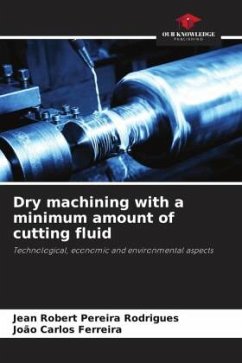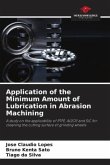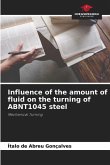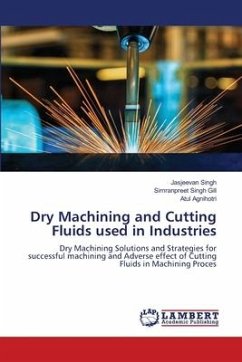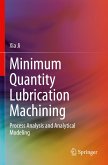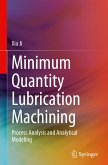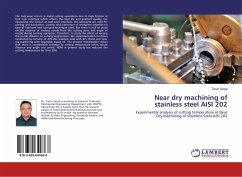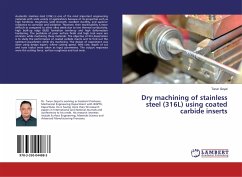Industries are under great pressure from environmental organisations regarding the use of cutting fluids, since they cause severe damage to the environment and to human beings. In view of this problem, new technologies are being sought to reduce or even eliminate this damage. Dry machining and the Minimum Amount of Cutting Fluid technique are good alternatives due to the elimination or reduction of cutting fluid. This paper presents some technological, environmental and economic aspects of dry machining and the MQF technique. Dry machining shows few encouraging results in terms of technological aspects, due to the great importance of the benefits added by cutting fluids to processes. On the other hand, its economic and environmental aspects are very promising, given the reduction in costs linked to obtaining the fluid, as well as its maintenance, which does not exist in dry machining. The MQF technique, on the other hand, appears to be a middle ground, although it has presented some interesting aspects. Some researchers say that the use of these two techniques requires further research in order to achieve success in machining.
Bitte wählen Sie Ihr Anliegen aus.
Rechnungen
Retourenschein anfordern
Bestellstatus
Storno

